The Quality and Standards Committee provides governance and oversight to the School to ensure the quality of the Scientist Training Programme (STP). Thus enabling those who successfully complete the programme to fulfil the requirements of the Health and Care Professions Council (HCPC) to register as a Clinical Scientist.
Led by Mr. Grahame Pope as Chair, committee members serve a 2 to 3 year term and meet quarterly to consider matters of governance and provide strategic support to the School Senior Management Team.
Meet the members
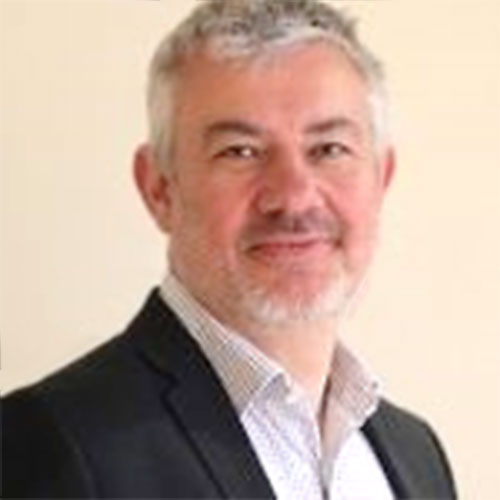
Grahame Pope - Committee Chair
Grahame is a registered Physiotherapist, having qualified in 1985. He is an experienced educator who has worked in Higher Education for 30 years and was previously Head of Physiotherapy and Rehabilitation Sciences Education at the University of Nottingham.
During his career, he has Chaired the Chartered Society of Physiotherapy (CSP) and the Allied Health Professions Forum (AHPF) and been involved in a number of international health education organisations.
He served 8 years as an appointed member of the General Chiropractic Council (GCC) and Chair of the GCC Education Committee, and currently acts as an Education Visitor.
Previously Grahame has been engaged in course approval and recognition processes for a number of organisations including the GCC, the General Pharmaceutical Council, the World Confederation of Physiotherapy, and independently for a number of Universities.
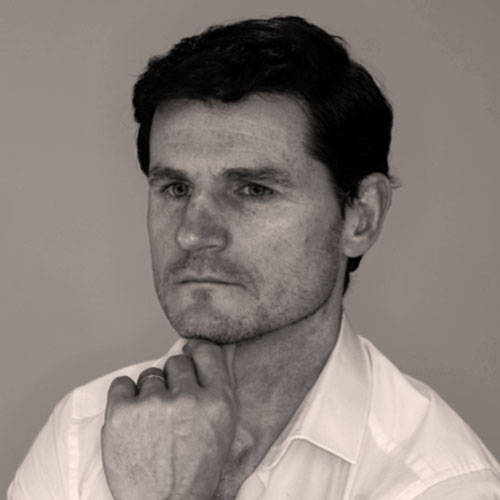
Dr Michael Carroll - Academic representative
Dr Michael Carroll is Reader in Reproductive Science at Manchester Metropolitan University, where he serves as Network Lead for the MSc Clinical Science programme and Programme Lead for Cellular Science.
He has extensive experience in postgraduate education, curriculum development and alignment with HCPC and NSHCS standards. His research focuses on male infertility, sperm biology and reproductive health, and he is actively engaged in science communication and public outreach.
Michael brings both academic leadership and subject expertise to the Quality Standards Committee.
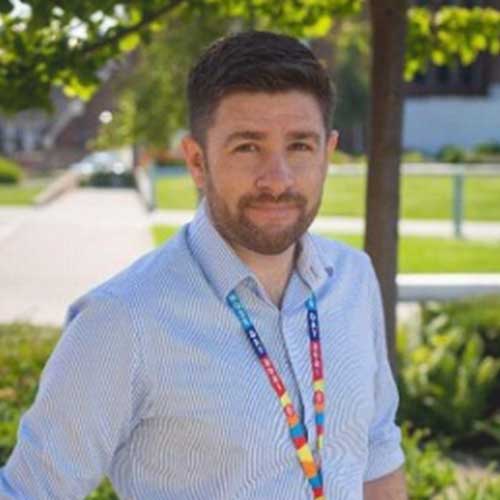
Christopher Cox - Higher Education Institute representative
Christopher is a Clinical Scientist in Cardiac Science and a Senior Lecturer currently based at the University of Sunderland.
Chris began his training as a cardiac physiologist in 2003 and since then has trained in both echocardiography and cardiac rhythm management, working in several hospitals across the North East of England. In 2010 Chris undertook an MA in Healthcare Ethics and Law where he investigated the deactivation of implantable cardiac devices, particularly focusing on the similarities and differences between pacemakers and ICDs when considering deactivation.
Chris transitioned to a teaching role in 2015 and as a Senior Fellow of the HEA now acts as the programme leader to three undergraduate healthcare science related programmes. Chris continues to teach trainee Healthcare Science Practitioners about a range of topics including cardiac and respiratory pathophysiology, ECG interpretation, cardiac rhythm management and non-invasive imaging. Chris has also been involved in the development of new programmes in particular a healthcare science apprenticeship route.
Chris continues to be active and take regular part in clinics within Cardiac Physiology and through links with County Durham and Darlington NHS Trust.
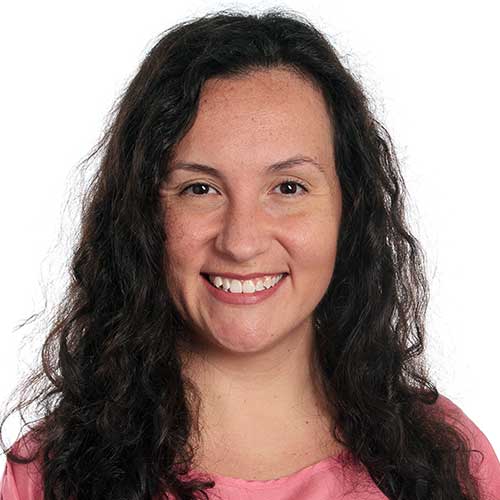
Francesca Tonini - Professional representative
Francesca is a Clinical Scientist in Genomics, holding professional registrations both in the UK and the EU.
Her journey in healthcare science started in 2017, and since then, she has gained experience in different roles and genomic laboratories, which gave her a realistic understanding of the diverse needs of the diagnostic workforce. Francesca discovered her passion for equality, collaborative working and transformation when she was a Pre-Registration Clinical Scientist at the West Midlands Regional Genetics Laboratory. She has experience in managing education, training and engagement programmes and has been involved in the STP in different capacities, including as a content developer, Training Officer and exam assessor.
Francesca works as a GLH Scientist Educator Lead at East Genomics and as a Scientific Co-Chair of the Workforce Development Committee at the Association for Clinical Genomic Science, where she works with a variety of stakeholders to support healthcare scientists from every background, area of work and part of the UK. She is also a proud representative of minority groups, all healthcare science disciplines and the Health and Care Professions Council, as a Professional Lead for the NSHCS Quality Standards Committee.
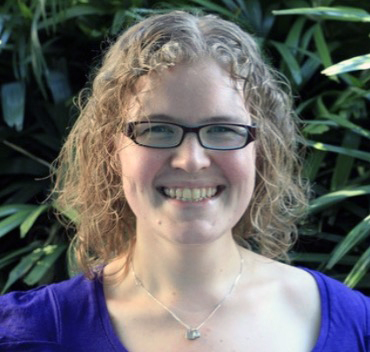
Rebecca Haines - Clinical Science representative
Rebecca is a Clinical Scientist in the Bioinformatics team at the Viapath Genomics Laboratories, Guys and St Thomas’ NHS Foundation Trust, London, and is also currently an HSST trainee.
Rebecca previously completed the STP in Clinical Bioinformatics Genomics at the East Midlands Regional Molecular Genetics Service in Nottingham. She worked there as a clinical scientist with a main focus on managing and interpreting results from the 100,000 Genomics Project.
Rebecca has worked with the School as a Clinical Bioinformatics Genomics Lead Station Writer for the STP final examination and has been involved in delivering the final examination since 2017. Having experienced the STP from several different perspectives, she has a good understanding of the program and the needs and expectations of trainees, training departments and the School.
Rebecca is looking forward to continuing to support the development and delivery of the STP through the Quality Standards Committee.
Adam Hawker - Clinical Science representative
My name is Adam and I am a recent graduate of the STP in Microbiology based in Manchester. I always knew I wanted to be in a healthcare science job, and decided to do an undergraduate degree in Biomedical Science that was an IBMS accredited degree at Bangor University. After graduating in 2016 I became a medical laboratory assistant in Microbiology and was fortunate to start my IBMS registration portfolio at the same time. Three years later, and a job move for a Trainee Biomedical Scientist post, I became a registered BMS but always knew I wanted a career that was more patient facing.
I was fortunate enough to start the STP in 2021, and have since then been involved with restarting the North West Healthcare Science Trainee Network and becoming a member of the NSHCS Quality Standards Committee; through my career progression so far I am well aware of how having a supportive network and high quality training prepares trainees for their future careers. This is especially important since healthcare scientists are becoming more widely recognised as a vital part of the NHS workforce.
I thoroughly enjoy my role, and interacting with both patients and their clinical teams to tailor their treatment to improve their experience whilst engaging with healthcare services gives me great job satisfaction.
Emily Woodhouse - Clinical Science representative
I am a recent graduate of the STP in Microbiology. I joined the STP straight after university, where I graduated with a biology and biotechnology degree from Bangor University. I am also a committee member for the London Trainee Network to support trainees based in London, and I have represented the school and the STP on several occasions at careers fairs and at the STP induction event.
I have been very lucky with my training experience and I am passionate about making sure that every single trainee is being supported by their workplace and the school and receives the highest standards of training. Being part of the QSC as a learner representative means I can advocate for my peers and make sure the STP provides trainees with the skills to fit into the ever-changing landscape of healthcare science.